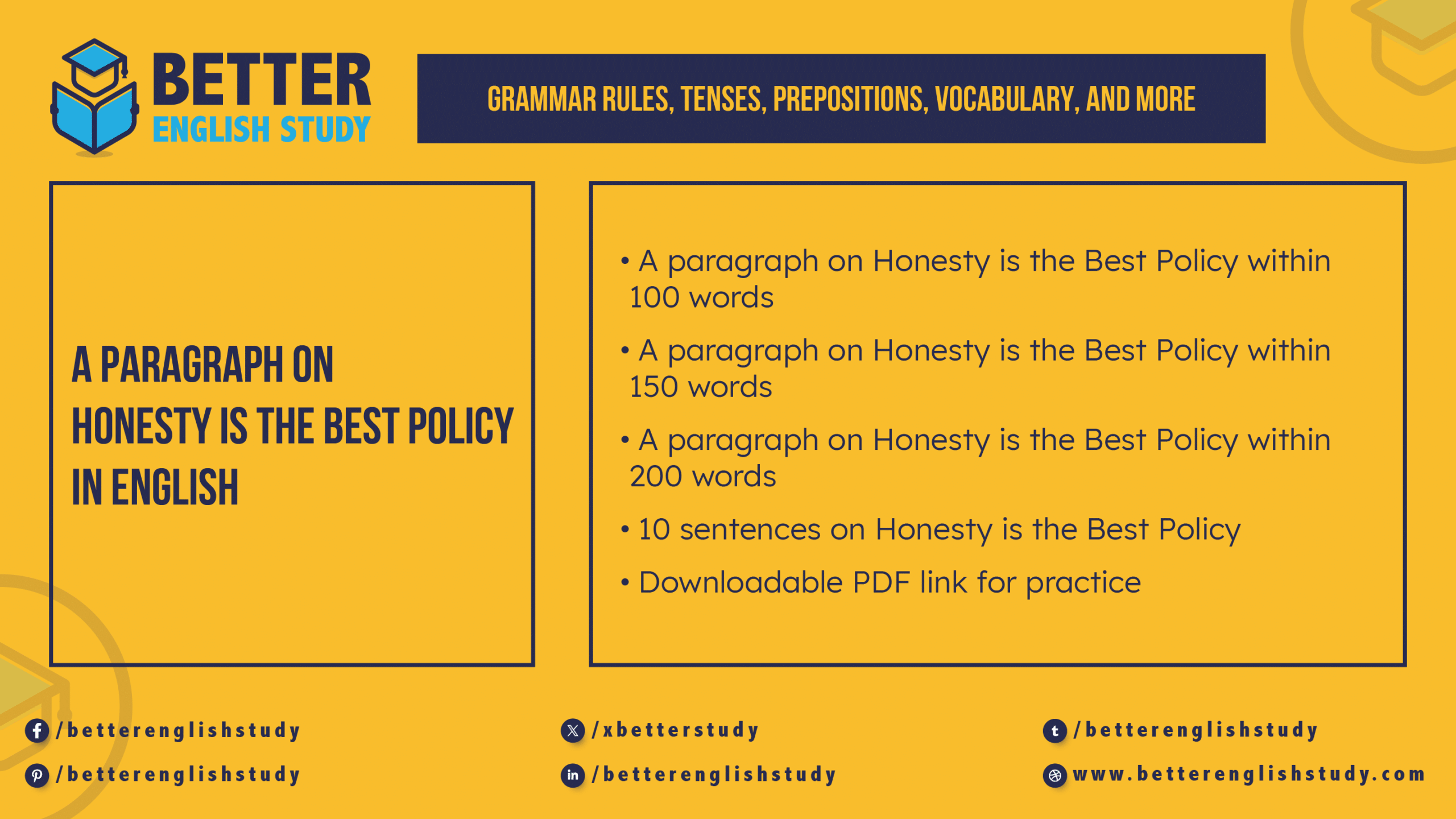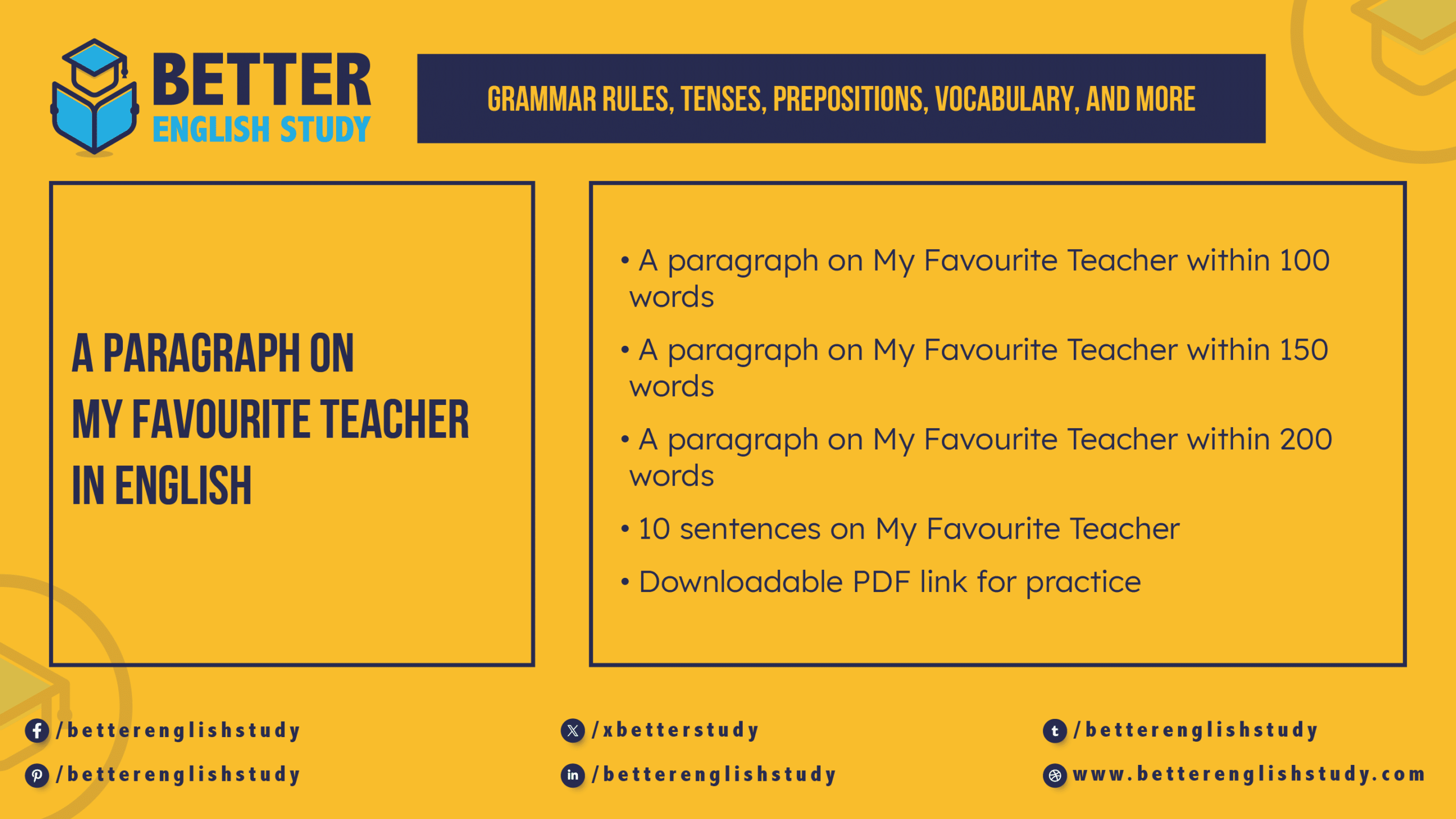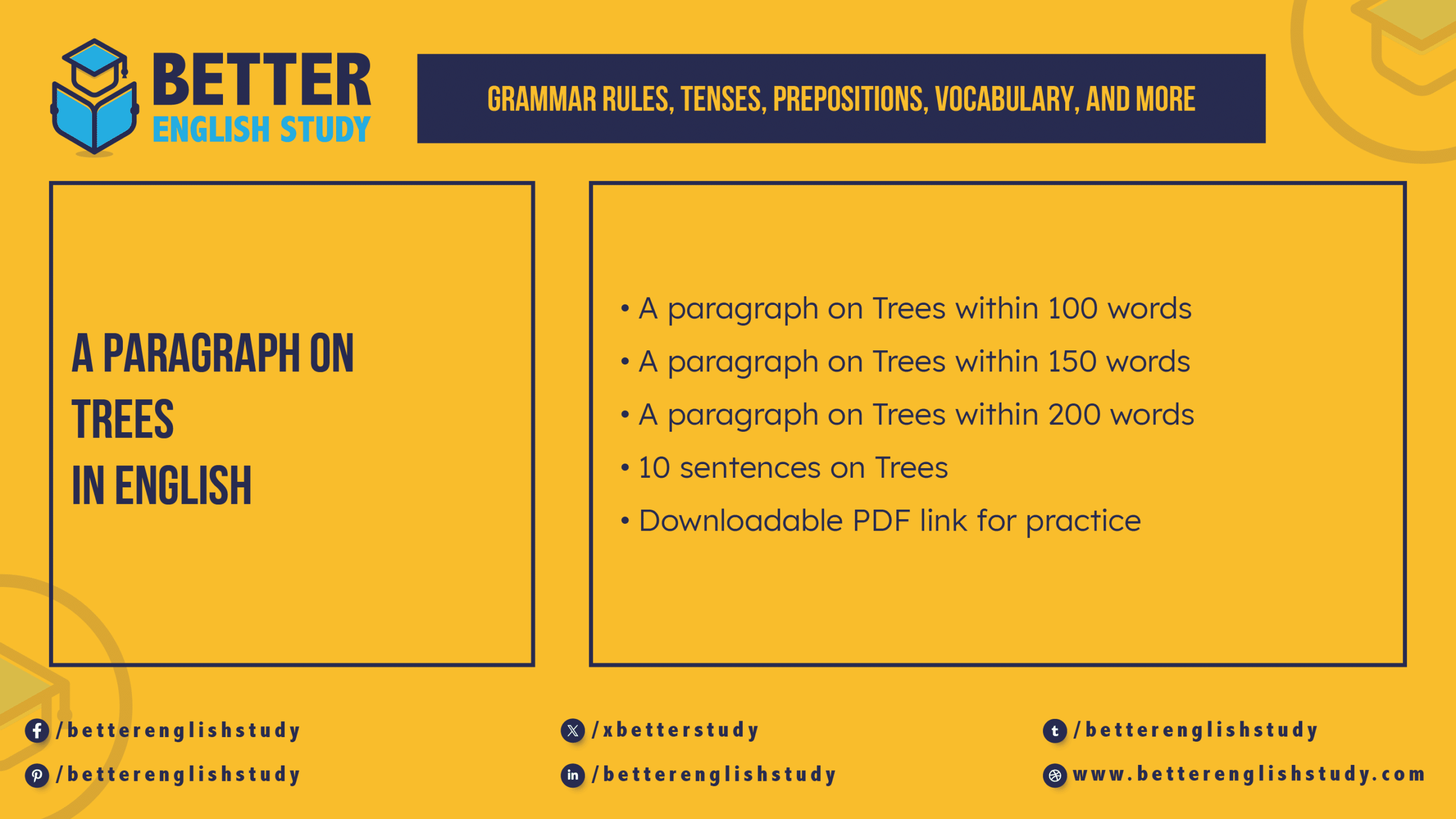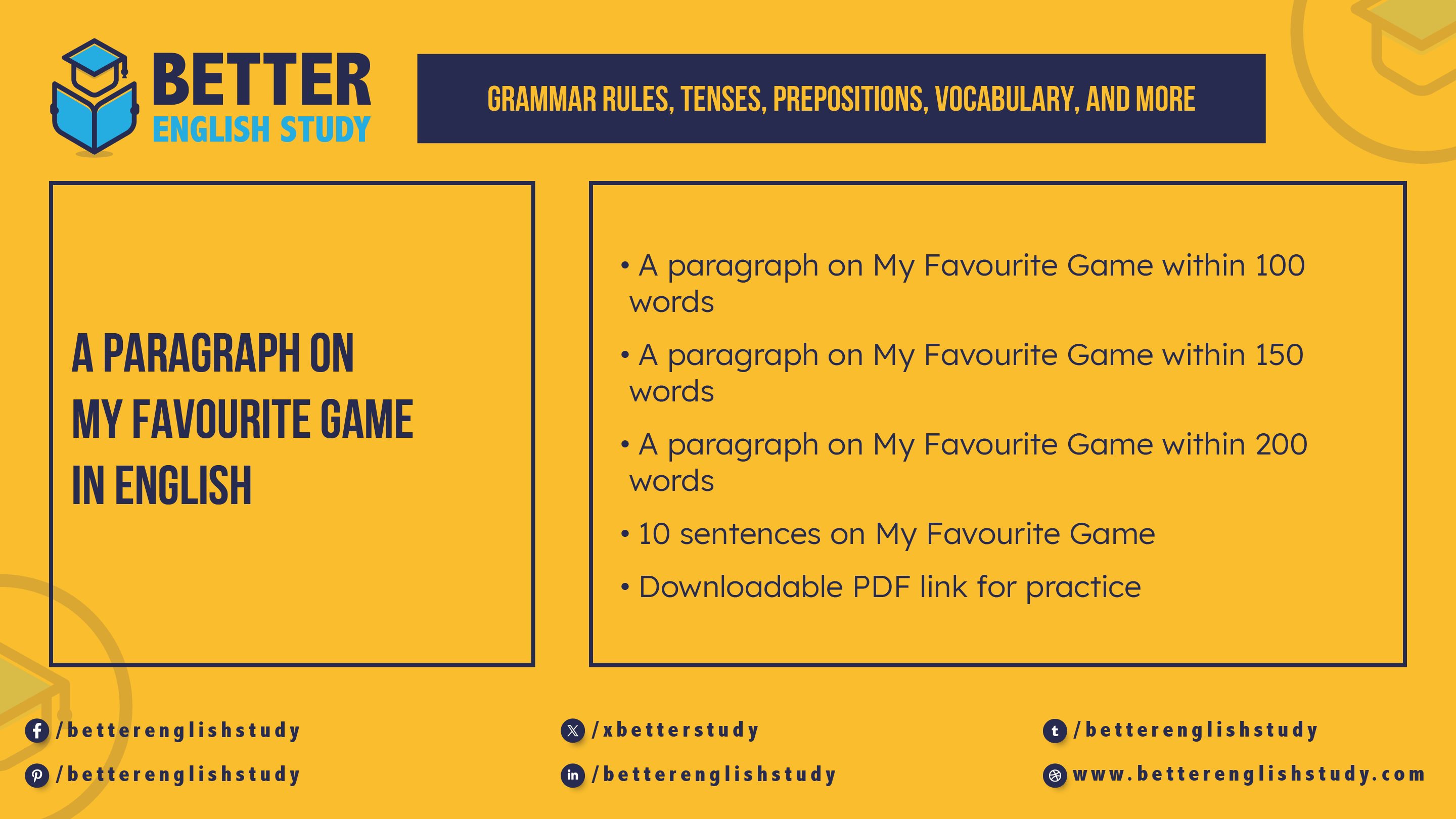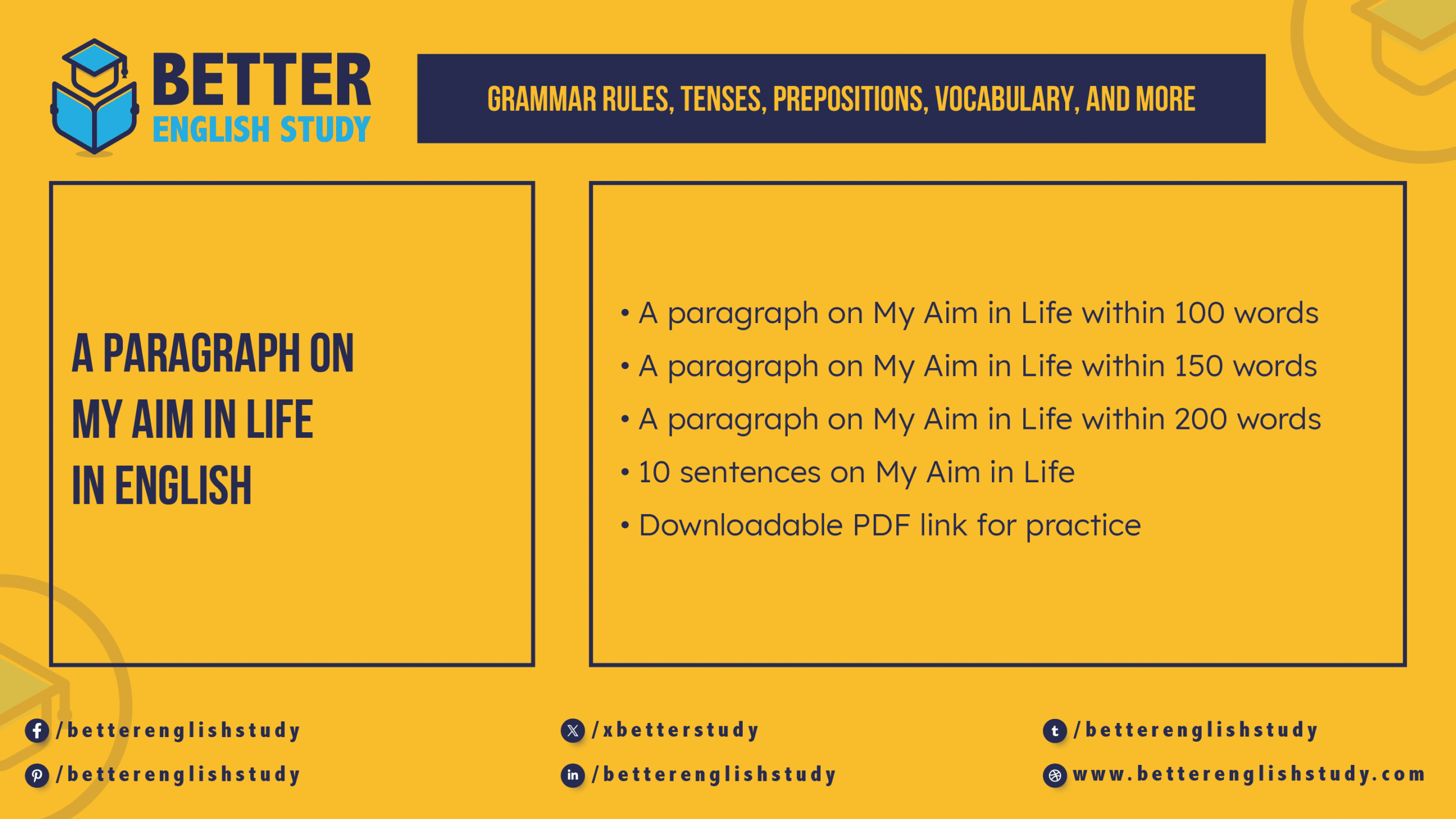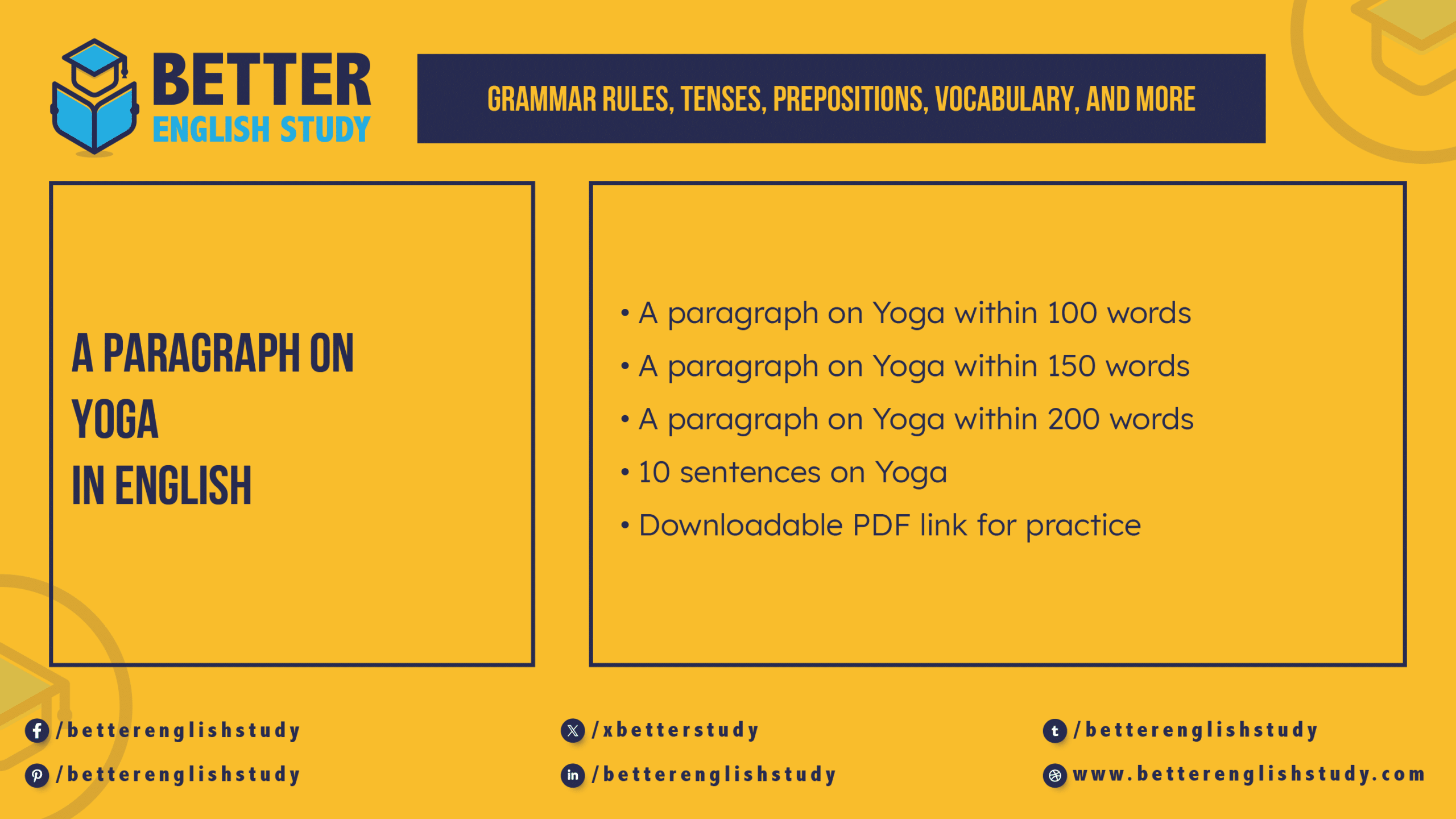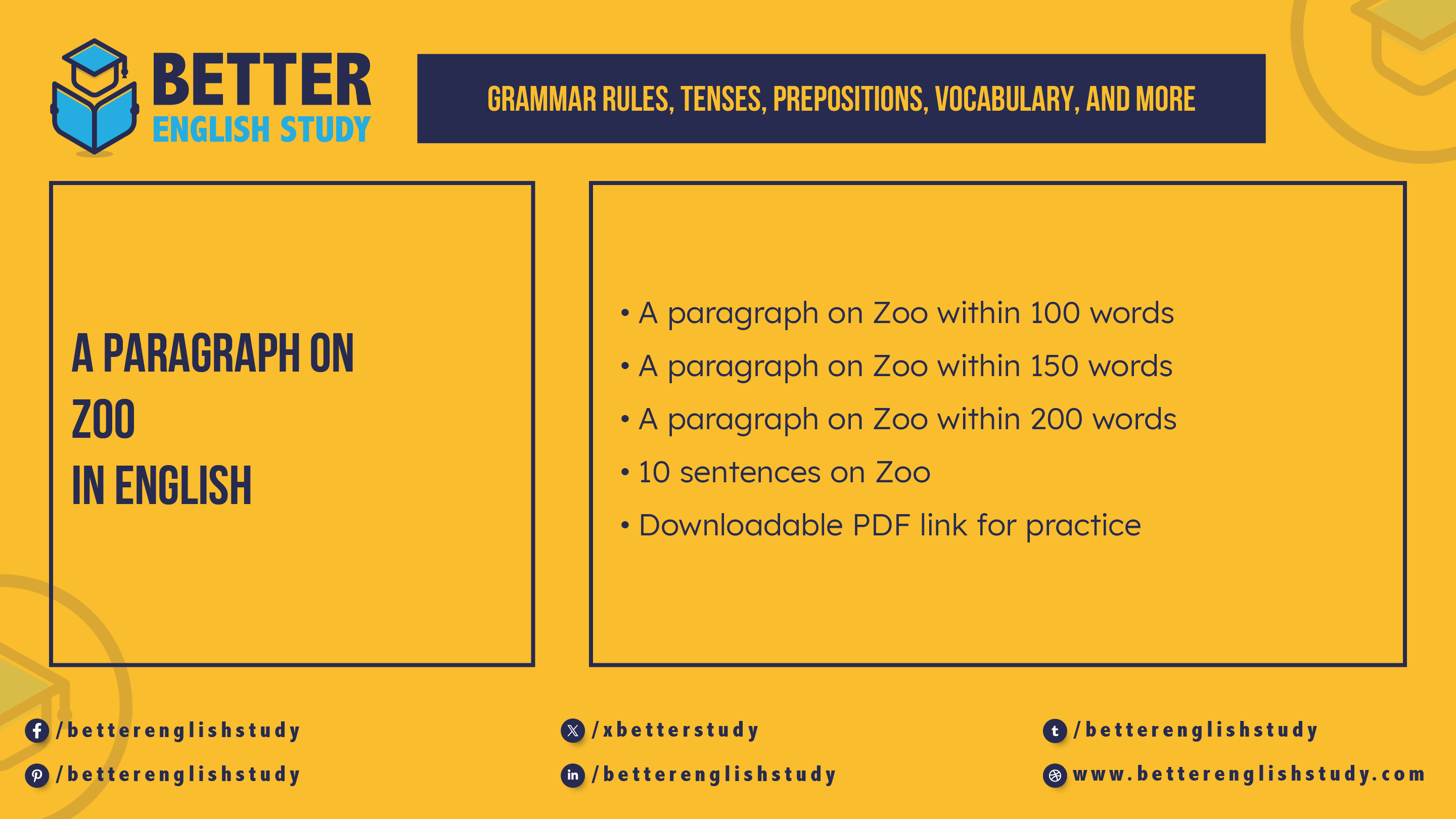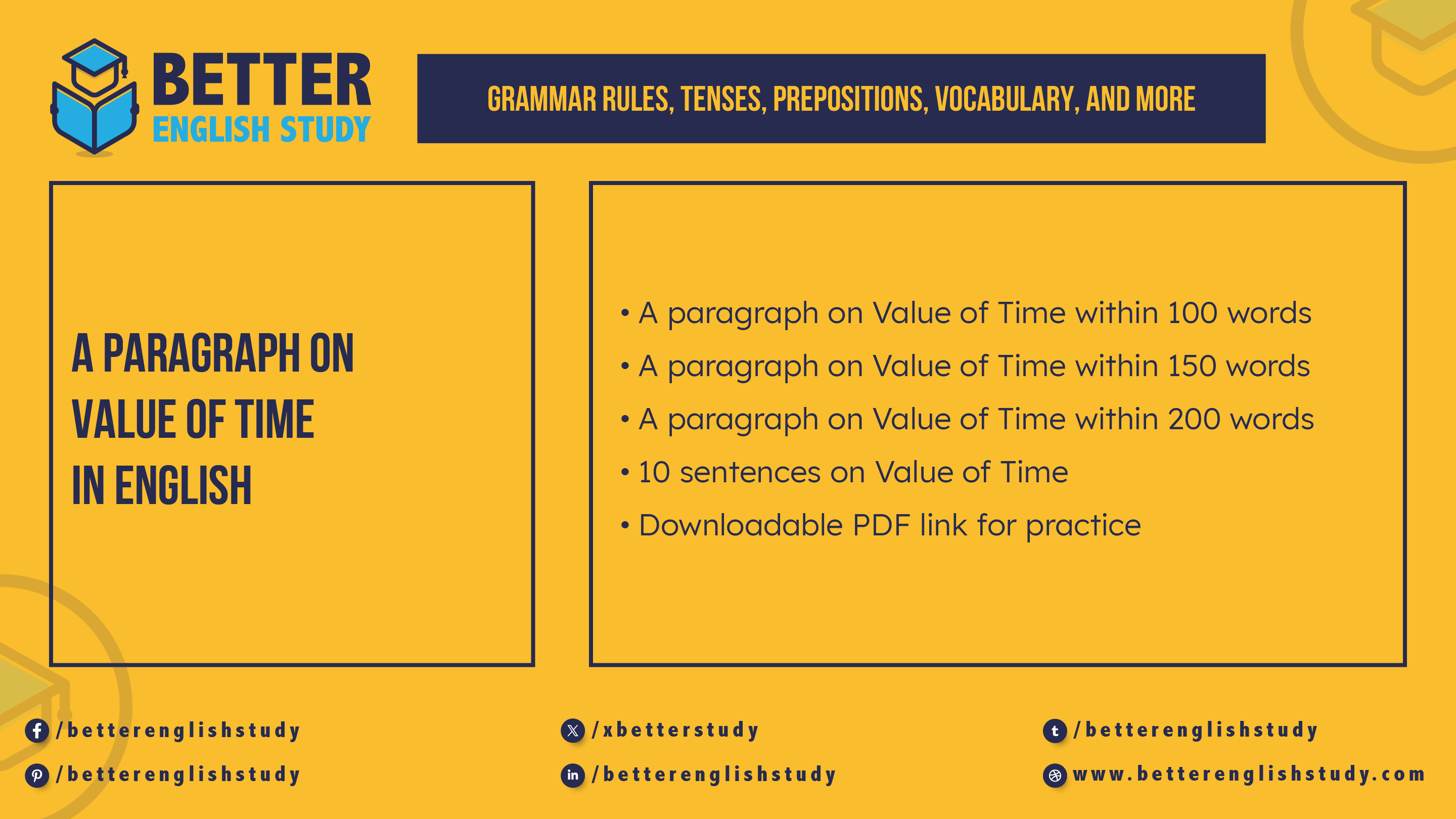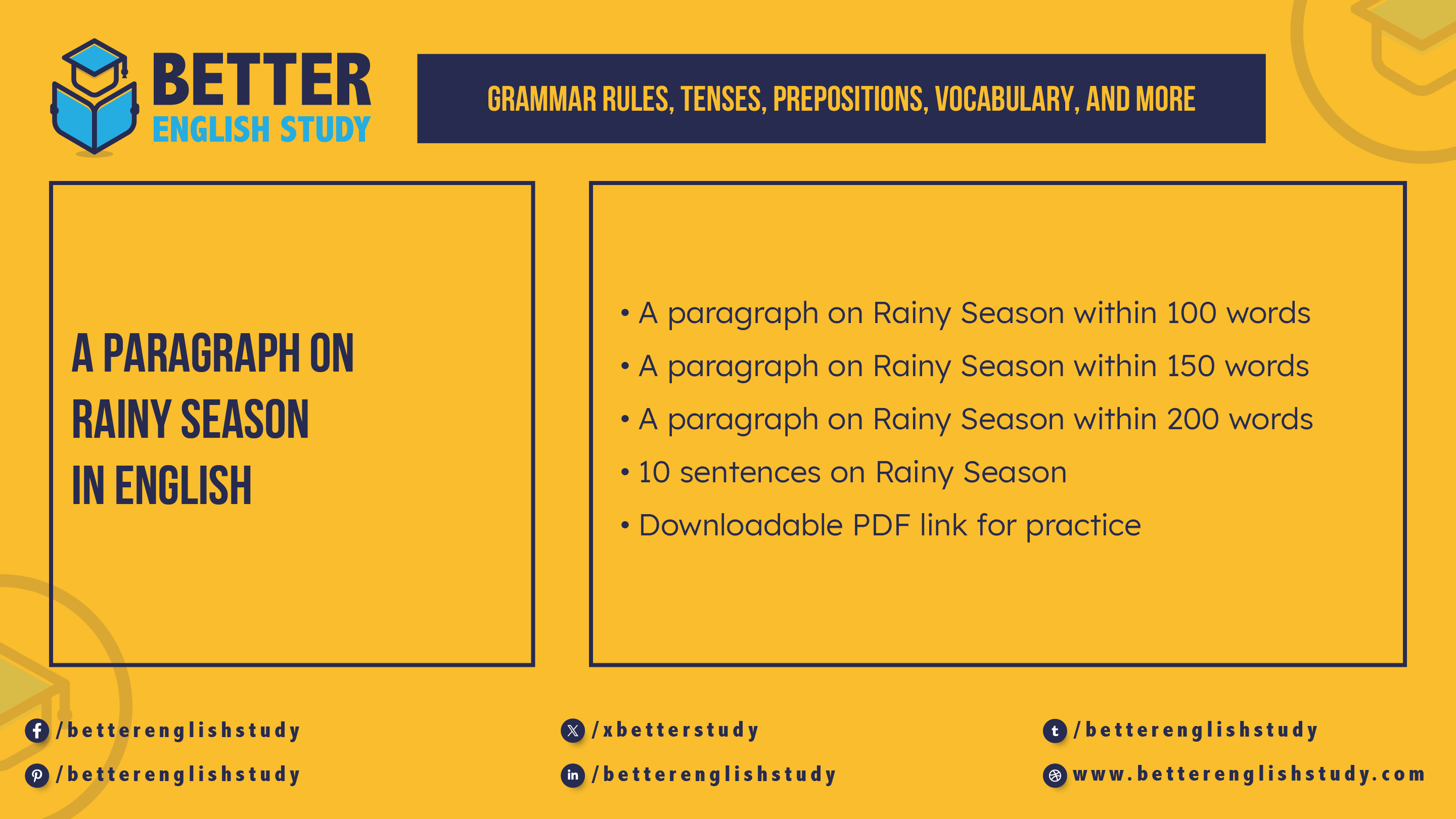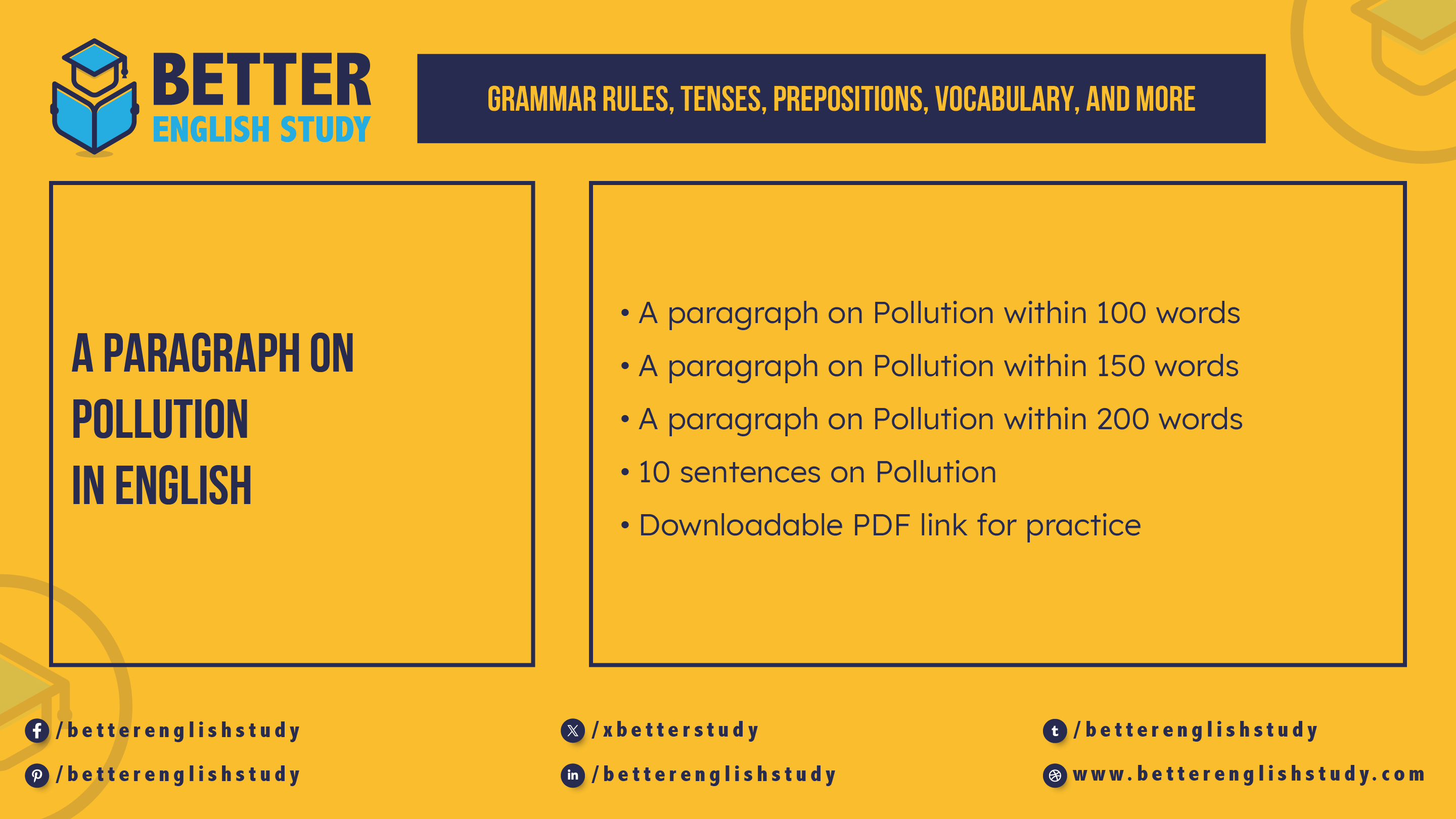A Paragraph on Honesty is the Best Policy
Honesty is a fundamental value. A Paragraph on Honesty is the Best Policy Within 100 Words Honesty is the best policy because it builds trust and respect among people. When we are honest, we show integrity and create strong relationships. Being truthful helps avoid misunderstandings and conflicts. Honesty also allows us to face challenges more …

